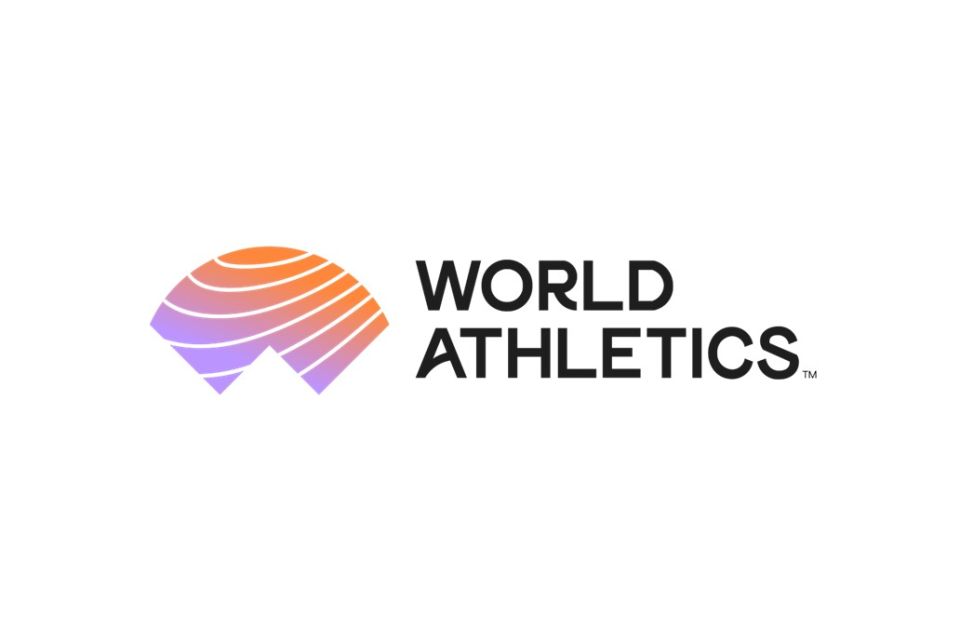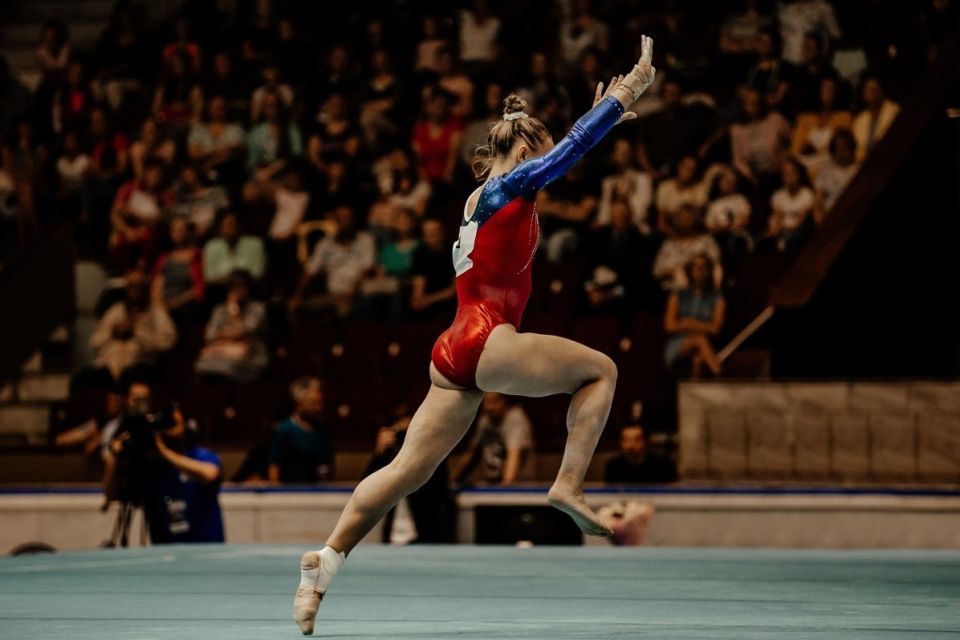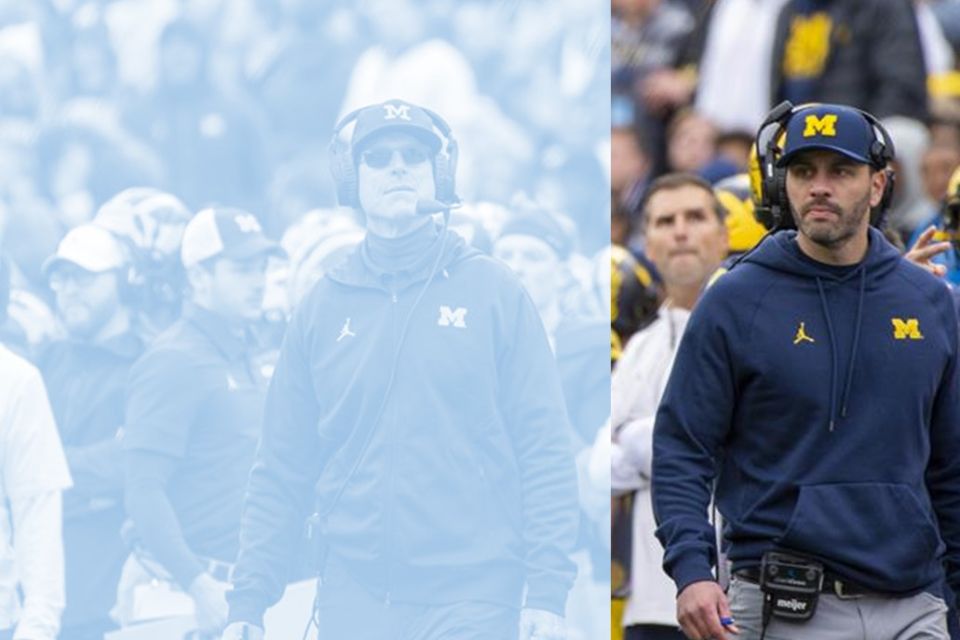
A decision in the case of World Athletics (WA) against Koki Ikeda has been issued by the Disciplinary Tribunal.
On 1 November 2024, the Athletics Integrity Unit (AIU) issued Mr Ikeda, a 26-year-old race-walking athlete from Japan, with a Notice of Charge for an anti-doping rule violation (ADRV) under the 2023 Anti-Doping Rules (2023 ADR) in connection with abnormalities found in the haematological module of his Athlete Biological Passport (ABP). In particular, the matter concerned abnormalities detected in blood Samples collected from Mr Ikeda between 16 February 2019 and 17 February 2024 that suggested blood manipulation. Three (3) independent experts (Expert Panel) reviewed Mr Ikeda’s ABP and concluded that four (4) Samples - Sample 25 (collected on 20 June 2023), Samples 27-29 (collected between 16 August and 13 September 2023) - indicated the Use of a Prohibited Substance or a Prohibited Method, which violated Rule 2.2 of the applicable Anti-Doping Rules.
The ABP programme was developed and refined by the World Anti-Doping Agency (WADA) and was formally introduced by WA in 2009. The purpose of the programme is to provide a further means of detecting doping beyond that which might be established by testing In or Out-of-Competition. It is an electronic record that monitors selected variables (i.e. biomarkers) from an athlete over a period of time and indirectly reveals the effect of doping.
The Disciplinary Panel, consisting of Alan Galbraith (Chair), Dr. Tom Murray, and Peter Koh, was appointed to adjudicate this matter.
Mr Ikeda denied the Charge and offered multiple explanations for the abnormalities in his ABP. He attributed the abnormal marker values in Sample 25 to a combination of factors, including (i) a genetic predisposition to hemolysis, (ii) intermittent anaemia caused by foot-strike hemolysis, and (iii) gastrointestinal bleeding as a side effect of non-steroidal anti-inflammatory drugs prescribed for a knee injury. Regarding Samples 27–29, he argued that the values resulted from (iv) recovery from intravascular hemolysis and gastrointestinal bleeding and (v) physiological recovery from anaemia through increased erythropoiesis.
Mr Ikeda also raised additional arguments, including a discrepancy in the temperature control of Sample 25, the impracticality of withdrawing the necessary volume of blood, and the logistical difficulties associated with blood withdrawal, frozen storage, and reintroduction.
World Athletics contended that Mr Ikeda’s ABP provided clear evidence of blood doping. The marker values in Sample 25 strongly suggested blood withdrawal, as indicated by a low haemoglobin (HGB) level of 11.0 g/dL, a high reticulocyte percentage (RET%) of 4.38%, and an elevated immature reticulocyte fraction of 19.4%—all consistent with acute blood loss or withdrawal. Additionally, the values in Samples 27–29, collected just before the 2023 World Athletics Championships in Budapest, showed a sharp increase in HGB peaking at 15.7 g/dL and a drop in RET% to 0.74%, indicative of blood reintroduction, aligning with a credible doping scenario.
World Athletics asserted that, in the absence of a credible medical explanation for the ABP, the Expert Panel’s four (4) Joint Expert Panel opinions—unanimously concluding that doping was “highly likely”—further supported its position that the use of a Prohibited Substance and/or Prohibited Method was the most plausible explanation.
During the hearing, an expert witness conference was held, allowing both the Expert Panel and Mr Ikeda’s expert witnesses to examine the arguments in detail.
On the issue of chronic hemolysis, there was disagreement between the Expert Panel and Mr Ikeda’s experts regarding the interpretation of scientific data and the reliability of privately obtained blood samples. The Disciplinary Panel found the Expert Panel’s arguments persuasive, concluding that the elevated values did not support a chronic predisposition but rather indicated erythropoiesis in response to blood loss or withdrawal.
The Disciplinary Panel also rejected Mr Ikeda’s claim that severe intravascular hemolysis caused by high-intensity training explained the fluctuations in his ABP. The Expert Panel, referencing scientific literature, demonstrated that the expected reticulocyte response in such a scenario did not align with a genetic predisposition argument.
Mr Ikeda further contended that his abnormal ABP resulted from a rare genetic predisposition combined with intense training. His expert witness noted that genetic research in this area remains underdeveloped. However, the Disciplinary Panel determined that, given the limited available evidence, this argument failed to meet the threshold of comfortable satisfaction.
Additionally, the Disciplinary Panel dismissed Mr Ikeda’s claim that gastrointestinal bleeding, caused by prescribed medication, contributed to the abnormalities in his ABP. It reasoned that significant gastrointestinal bleeding would likely have been detectable in urine samples or presented more conspicuous symptoms.
The Panel also rejected arguments challenging the validity of Sample 25 and claims that the withdrawal and reintroduction of such a large blood volume were impractical.
Consequently, the Disciplinary Panel found itself comfortably satisfied that an Anti-Doping Rule Violation (ADRV) had been established under Rule 2.2 of the 2023 ADR.
Accordingly, the Panel imposed a four-year period of Ineligibility on Mr. Ikeda, commencing on 28 February 2025, based on its conclusion that the ADRV was intentional. Credit was applied for the period of Mr Ikeda’s provisional suspension. Furthermore, all results obtained by Mr Ikeda from 20 June 2023 onwards are disqualified.
Sport Resolutions is the independent secretariat to the World Athletics Disciplinary and Appeals Tribunal.
A copy of the full decision can be accessed via the related links tab on the right-hand side.


